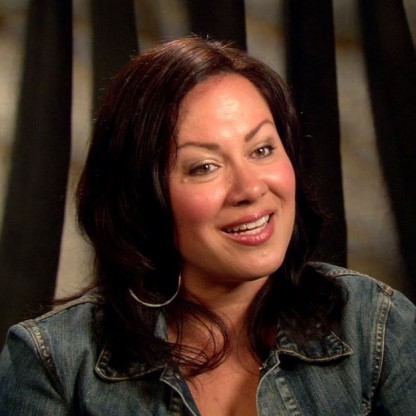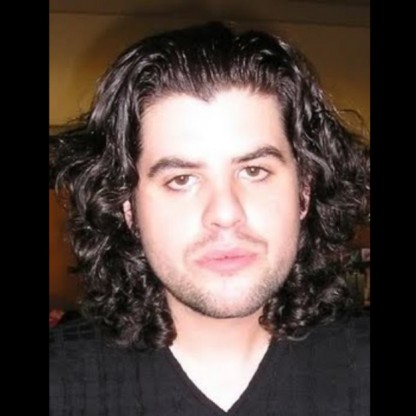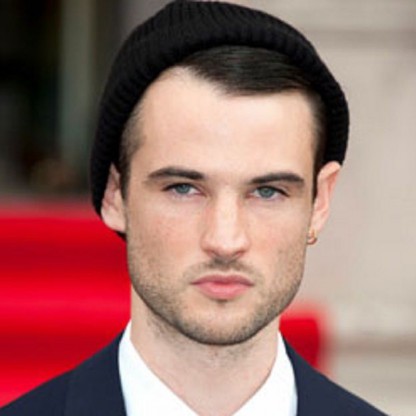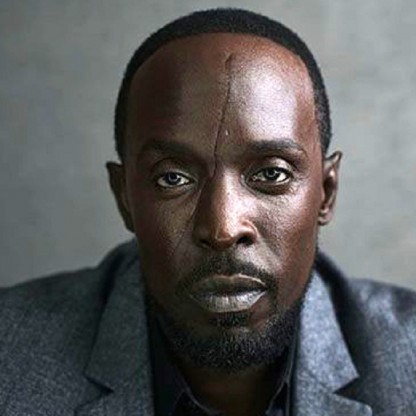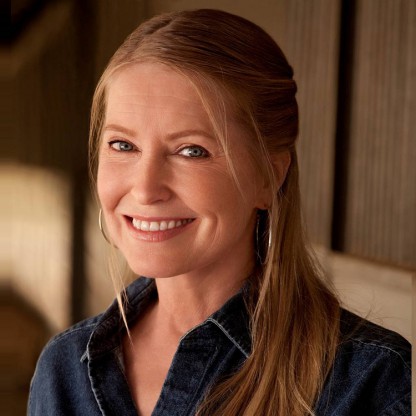In 1933, following U.S. diplomatic recognition of the Soviet Union, he spent six weeks in Moscow as a performer and goodwill ambassador. His tour was a huge success. Harpo's name was transliterated into Russian, using the Cyrillic alphabet, as ХАРПО МАРКС, and was billed as such during his Soviet Union appearances. Harpo, having no knowledge of Russian, pronounced it as 'Exapno Mapcase'. At that time Harpo and the Soviet Foreign Minister Maxim Litvinov became friends and even performed a routine on stage together. During this time he served as a secret courier; delivering communiques to and from the US embassy in Moscow at the request of Ambassador william Christian Bullitt, Jr., smuggling the messages in and out of Russia by taping a sealed envelope to his leg beneath his trousers, an event described in David Fromkin's 1995 book In the Time of the Americans. In Harpo Speaks, Marx describes his relief at making it out of the Soviet Union, recalling how "I pulled up my pants, ripped off the tape, unwound the straps, handed over the dispatches from Ambassador Bullitt, and gave my leg its first scratch in ten days."
